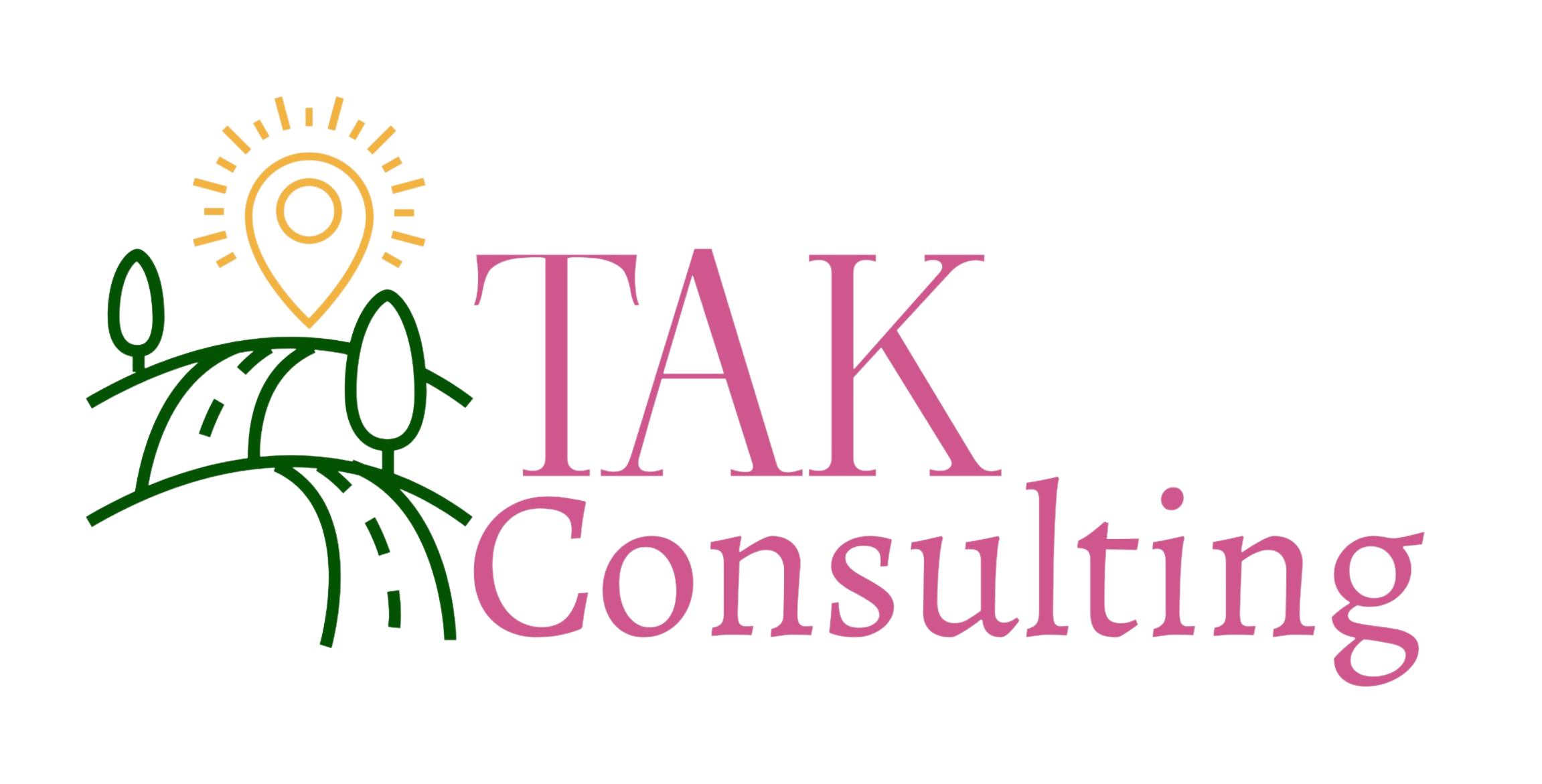According to SBA (Small Business Administration), 99% of businesses in the US are small businesses and small businesses generate 44% of US economic activity. With so many small businesses around, working together can help everyone grow and flourish greatly!
What are the advantages to creating good client relationships?
In a study done by SuperOffice, 86% of customers will say their experiences are just as important as what services/products they purchased. If that is not enough to interest you, in the same study, they found that about 50% of customers make impulse purchases just from receiving a personalized service! All of this is just part of the benefits of having a good relationship with customers/clients. Other positives for creating good customer relationships include: improving customer loyalty, spreading awareness to your business (word of mouth reviews), and even increased sales.
How does one form a good client relationship?
There are many ways to create strong business/client relationships with the most obvious starting at being kind and having good communication. This could also look like staying positive for the client – if things are running behind or the client feels like something is challenging, you should always put your best foot forward and attempt to ease the client of any worries. Another way to forge a great client relationship is to remain open-minded and exceed expectations. This just means really consider what it is the client is looking for and make your best effort to accommodate those needs. Exceeding expectations doesn’t just mean going way above and beyond; it also means being realistic about timeframes and keeping up with client requests and/or questions. It is also important to note that good client relationships are formed through setting clear boundaries and both sides taking accountability. You want to be clear and consistent so the client doesn’t ever feel lost or blindsided at what is going on. Additionally, relationships are a two way street and if you are taking care of your side of things, it is just as vital the client is communicative for any questions you may have as well as any new updates from their side of things (like having to change the date for something or any new requirements for a project/service/etc).
Whether you are trying to deepen a client connection or you’re really trying to show a client you care, gifting them something is a great way to show that they are important to you. Giving them a gift sends a personal message and shows gratitude. Furthermore, gifts can spark conversation with others – which makes your company stand out, gain more attention, and keeps your company in the minds of others’. Finally, a gift is a good way to show some humanity. For some, the relationship with clients is all done through text, phone or video calls. By giving a gift, you are breaking away from all the digital communication a bit and creating a more personal connection.
Working with CJ Designs
We like the way that Christine Jarski, owner of CJ Dean Designs with Decorating Den Interiors, personalizes the customer experience. CJ Designs is a full service interior design company owned by Christine Jarski. She helps make interior designing fun and stress free by really taking the time to fully understand you, how you use your space, and the styles you love. As a professional in her field, her best piece of advice is to truly get to know the client as this is the most important part of every project. It allows the project to run more efficiently and really brings out the “Wow” factor every client is looking for. Christine works with a team of craftsmen and manufacturers, which allows her to create one-of-a-kind custom furniture and window treatments specifically designed for her clients. Additionally, many of the vendors she uses will use recycled materials and they have environmentally conscious production methods. As Christine says, “This allows us to create beautiful and impactful spaces that promote healthy living. My team and I have all the resources to carry out your project from beginning to end. The result is a beautiful and functional space that has been created just for you… A space that you love coming home to, that makes you smile every time you walk in the room.”

(A bedroom designed by CJ Designs)
With every business, you face highs and lows as the owner. Christine loves getting to know her clients really well and creating something special just for them. Also, since she works with Decorating Den Interiors, it allows her to have a network of fellow designers to work with and bounce ideas back and forth. In terms of the hard elements of owning a business, Christine finds managing all the different parts of a business difficult at times but is grateful she has outside help like us; and we are delighted to be working with her to handle the finances of her business! The last important thing Christine wants people to know about her business is, “Each project takes a team of professionals to implement. Having all of the resources in place, understanding the client and designing for them, and being professionally trained is what makes the outcome amazing.”

(A living room designed by CJ Designs)
We love working with other businesses!
By creating meaningful relationships with others, it helps your business maintain long-term relationships that everyone can benefit and thrive from. Working with people like Christine makes a great partnership for both parties. It helps everyone understand other aspects of the community around them and how they can help each other grow. Christine is a dedicated owner invested in her community and it is a daily reminder of why what we do at TAK is so important!






